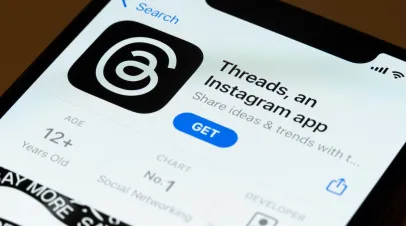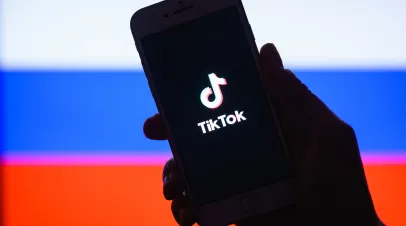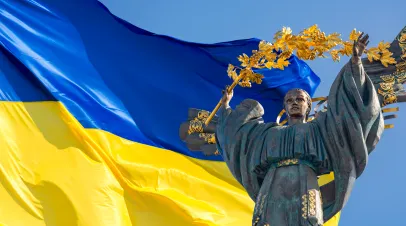Joseph Bodnar
Former Research Analyst, Alliance for Securing DemocracyJoseph Bodnar is a former Research Analyst, Alliance for Securing Democracy at GMF.
Media Mentions
Featured Work
Image

November 7, 2023
Experts at the Alliance for Democracy look at how Russian, Chinese, and Iranian messengers capitalize on the Israel-Hamas War. ...
Image

Image






